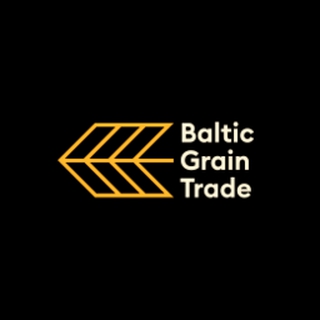Maximizing yields with our advanced fertilization techniques
Fertilization is a critical component of modern agriculture, directly influencing crop yields and quality. It replenishes essential nutrients in the soil, ensuring that plants have the resources they need to grow and thrive.
While traditional fertilization practices have served us for decades, they often lead to nutrient runoff, environmental pollution, and inefficient nutrient use. This calls for a more sophisticated approach to fertilization that maximizes efficiency and yield.
Understanding Soil Health and Nutrient Management
Soil testing is the cornerstone of effective fertilization, allowing farmers to understand the nutrient profile of their fields and tailor their fertilization strategies accordingly.
Nitrogen, phosphorus, and potassium are the primary macronutrients required for plant growth, but micronutrients like zinc and boron are also vital for crop development.
Advanced Fertilization Techniques
By creating customized fertilizer blends, farmers can address the specific needs of their crops and soil, leading to improved yields and crop quality.
Slow-release fertilizers provide a steady supply of nutrients over time, reducing the risk of leaching and ensuring that plants have access to nutrients when they need them most.
Precision agriculture technologies enable precise application of fertilizers, minimizing waste and enhancing nutrient uptake by plants.
Environmental Considerations and Sustainability
Targeted fertilization practices not only improve crop yields but also reduce the environmental footprint of farming by minimizing excess nutrient runoff into waterways.
Organic fertilizers, derived from natural sources, play a crucial role in sustainable agriculture, improving soil health and reducing reliance on chemical inputs.
Implementing Advanced Fertilization in Your Farming Practice
Transitioning to advanced fertilization techniques involves a step-by-step approach, starting with soil testing and gradually incorporating precision agriculture tools and customized fertilizers into farming operations.
Continuous monitoring and adjustment of fertilization strategies are essential to ensure that crops receive the right amount of nutrients throughout their growth cycles, leading to optimal yields and sustainable farming practices.







Comments (0)